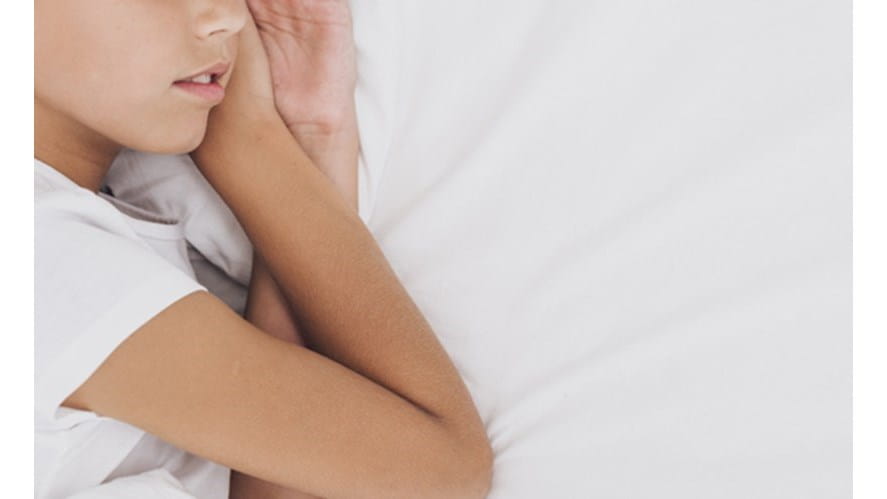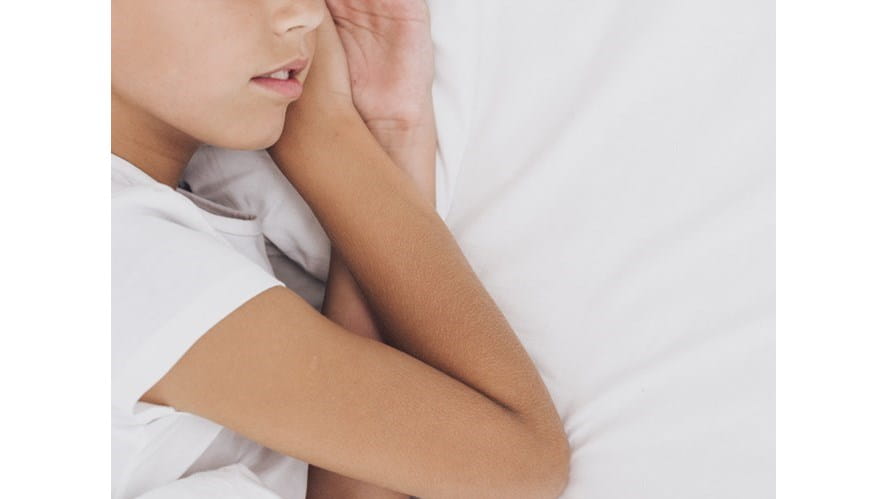We use cookies to improve your online experiences. To learn more and choose your cookies options, please refer to our cookie policy.
Join Dover Court this January!
Limited places still available in select year groups - Enquire Today

Our Educational Psychologist, Ms Wigford and psychology teacher, Mr Lindsay write about the importance of sleep.

Dover Court students are generally lively and happy with plenty of energy. However, there are also some students who are finding it hard to pay attention, are forgetful, yawn and fall asleep in class. These students may not be getting enough sleep and are therefore unlikely to be learning as well as they could.
Sleep is essentially a biological requirement for physical and mental health and learning (particularly memory consolidation). Children and young people who don’t get enough sleep often have problems with learning and behavior regulation. Tired students find it hard to focus, they may be hyperactive and have mood swings which can lead to upset. Many parents also have problems sleeping and this can get in the way of calm, responsive parenting!
We recently completed a sleep survey with our Year 11 students to discover that 50% of them reported getting the recommended 8-10 hours of sleep a night. However, the other 50% reported that they were getting less than 8 hours each night - no one was sleeping too much!
We therefore thought a few tips/reminders of the most effective approach to a good nights’ sleep might be helpful. Small changes in routines can have a noticeable impact after just two weeks.
Bedtime tips for a good night's sleep:
REF: Mindell & Owens (2010) A Clinical Guide to Pediatric Sleep.
Sleep needs by age:
Reception and Nursery (3-5 years): 10-13 hours recommended
Primary and Year 7 (6-13 years): 9-11 hours recommended
Secondary (14-17 years): 8-10 hours recommended
Adults (18 +): 7-9 hours recommended
REF: National Sleep Foundation website
Ms Wigford Mr Lindsay
Educational Psychologist Psychology Teacher